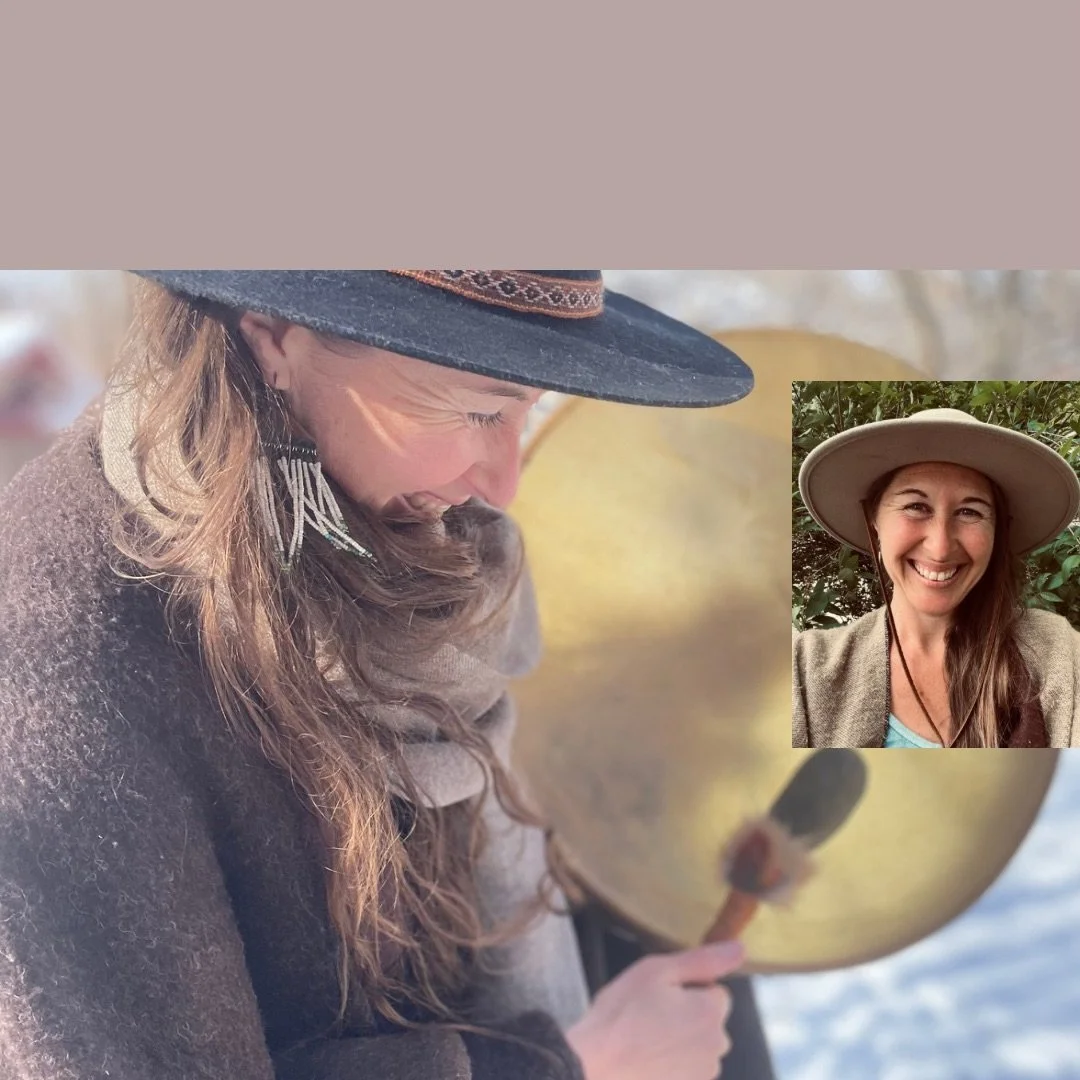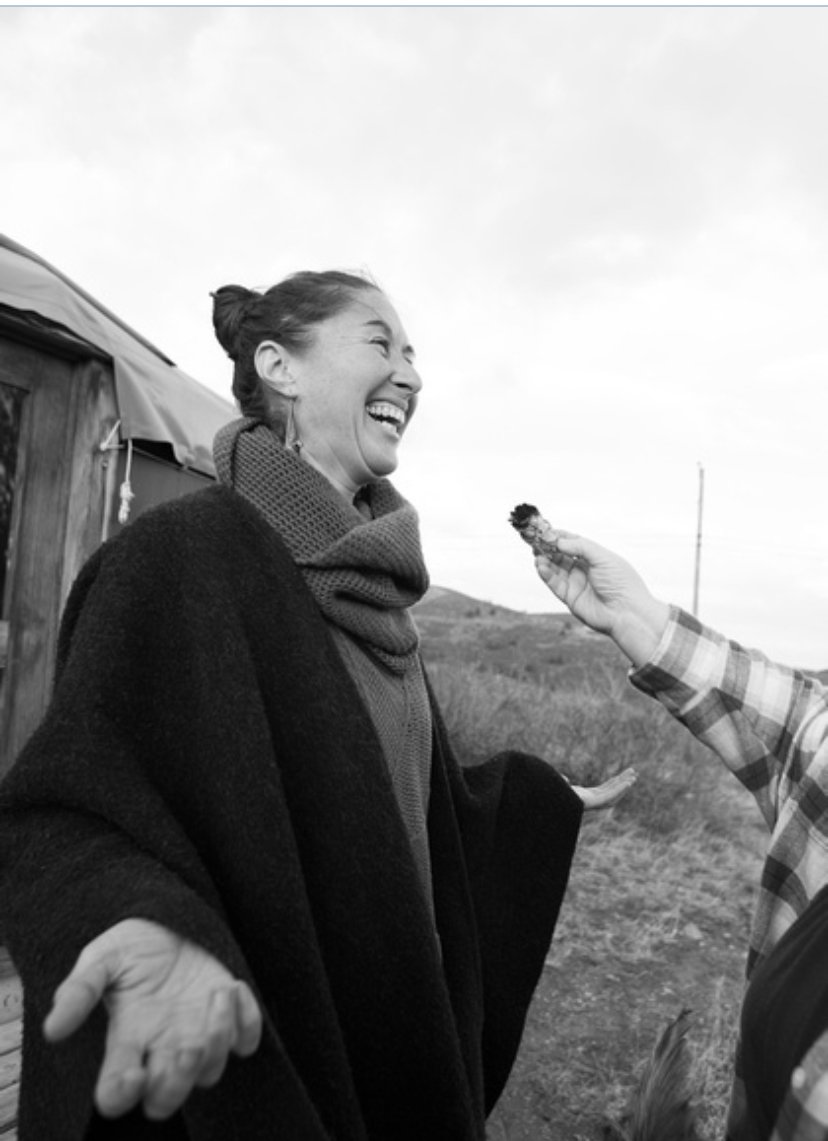MY STORY
Sometimes I say that grief claimed me. I didn’t choose grief but life happened and loss happened and grief arrived at my doorstep, slowly finding it’s way to a seat at my table. I soon realized that how I chose to relate or not relate to this guest would affect everything that came after.
I, like all of us, have experienced much loss in my life. Perhaps the first memory I have of a major loss was when I was five years old and my dad left and my parents decided to get a divorce. I clearly remember him walking out the door that early morning with his suit case. I felt the loss of the well knitted together family unit and yet, at such a young age I had no idea how to express that. Of course, in our grief illiterate culture, there are no models for what to do with grief and so usually it is just pushed aside, living inside of us unmetabolized.
The second memorable loss was when my grandparents died. There was something about them being older and having had lived a long and good life that the grief felt more digestible, but I remember feeling alone in my experience, almost like I didn’t know how to feel the magnitude of losing someone so close to me.
Later when I started loosing friends and peers and teachers, very suddenly and unexpectedly, and losing partnerships and leaving communities that I loved, becoming ill and letting go of dreams I had had, and on and on, that I realized that grief doesn’t go away. I can simply learn new and meaningful ways to live with that big presence sitting at my table who is hungry and needs tending.
There were two losses in my life where I experienced grief consume me. Shattered by loss, I had a hard time just putting one foot in front of the other. I had a hard time even imagining I could go on. The first experience was when my best friend died at 33, suddenly and tragically from a pulmonary embolism. When I got the phone call, I dropped to my knees in the middle of the sidewalk in San Fransisco and wailed for two hours in the rain until someone finally encouraged me into the back of their shop, where I curled into a ball and continued to weep. I don’t think I stopped crying for three days. And even today as I write this years later I am crying. There is no way that this grief will ever go away and I have, in time, learned new ways of relating to it. I’ve learned to appreciate the tears when they come, to value them as an expression of love, to offer them as a prayer for life to continue in a good way. I have learned how my grief can become fuel for my life.
The second big loss happened when I suddenly fell ill only a few months after my friend died. When I went to the emergency room I was diagnosed with Multiple Sclerosis. Grief flooded in. It was the first peek for me into mortality and fragility, the delicate nature of the human body and this precious life. It was the loss of my identity around being healthy and active and strong. This is the moment I say I was initiated by grief, and began my apprenticeship with Grief. It was the moment I realized I will lose everything that I love, and that every loss is an opportunity to deepen my understanding and relationship with myself, humanity, the earth and the holy being we call Grief. Each loss seemed to be preparation for the final loss of my body, death. And so I began to ask, how can I approach loss artfully? Who is this Grief being that walks with us through life? How can I best relate to this inevitable part of life in ways that are meaningful and perhaps even beautiful?
The inspiration for Grief Pilgrim comes from walking through the mud in the underbelly of my psyche during times of loss and finding their in the darkness immeasurable treasure. If we work to shift our perspectives around grief and loss, and allow ourselves to stay awake while walking in our underworld experiences, we begin to understand what it means to be human and become better more wise humans for having done it. Here's just a small sampling of the natural treasures we've helped preserve over the years.


